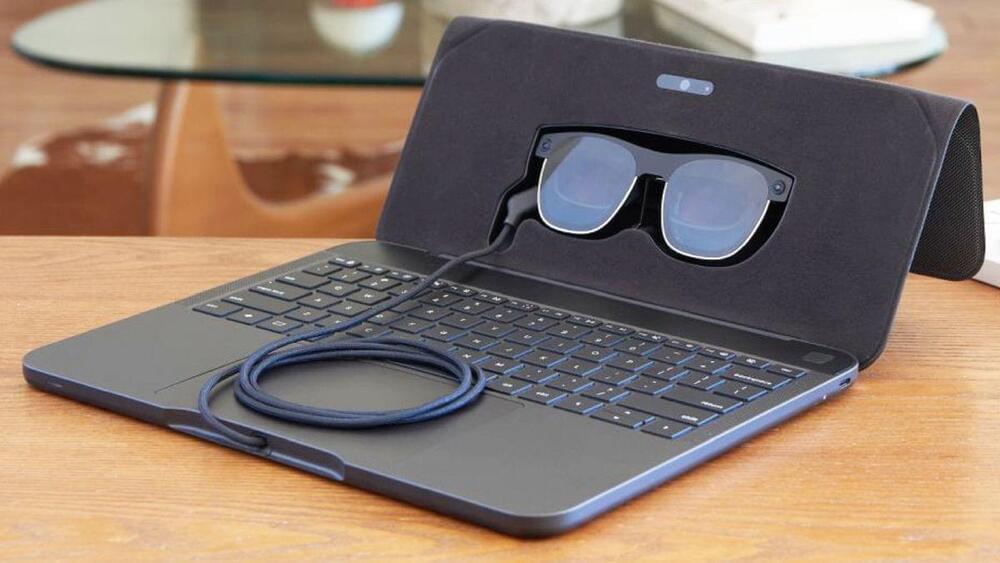Jul 4, 2024
New Product Launch: Introducing Rokid AR Lite Spatial Computing AR Glasses Pack!
Posted by Dan Kummer in categories: augmented reality, computing, mobile phones, virtual reality
AR/VR/MR glasses released in April 2024? i didnt know they were so far along already. Im curious if anyone used these, and impressions of? Still a little bulky, but, my current prediction is this will take over place of cell phones 2029/2030. But, needs to be slimmed down a bit yet; 5 years.
Step into the future with Rokid AR Lite! Our sleek and stylish design lets you take to the streets in style, while its multi-screen feature wraps around your space for seamless work and play. Activate sports mode for unwavering screen stabilization, and immerse yourself in vivid spatial videos in 3D, bringing your memories to life like never before. Don’t miss out on this revolutionary AR experience!


















